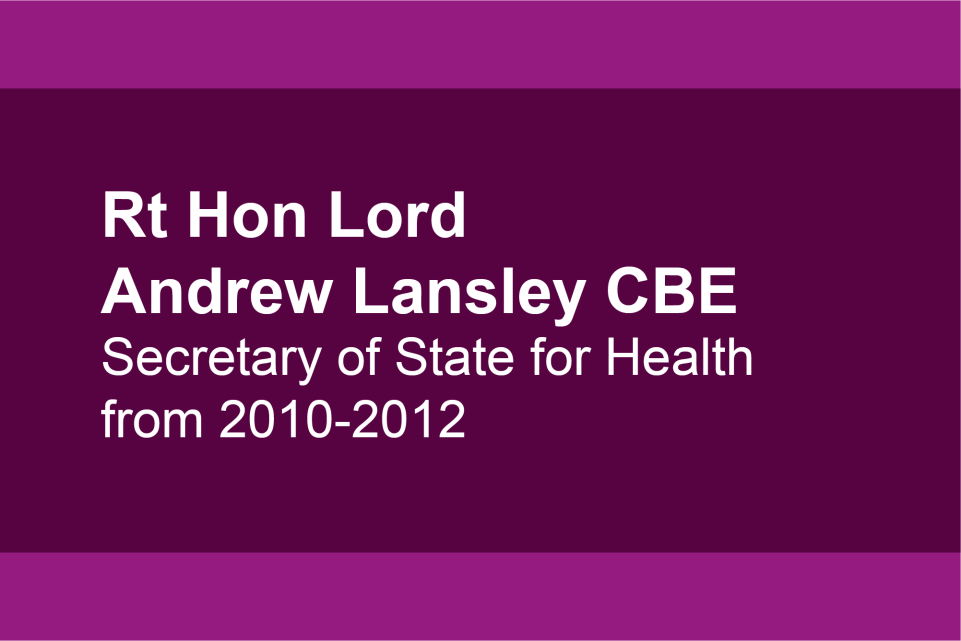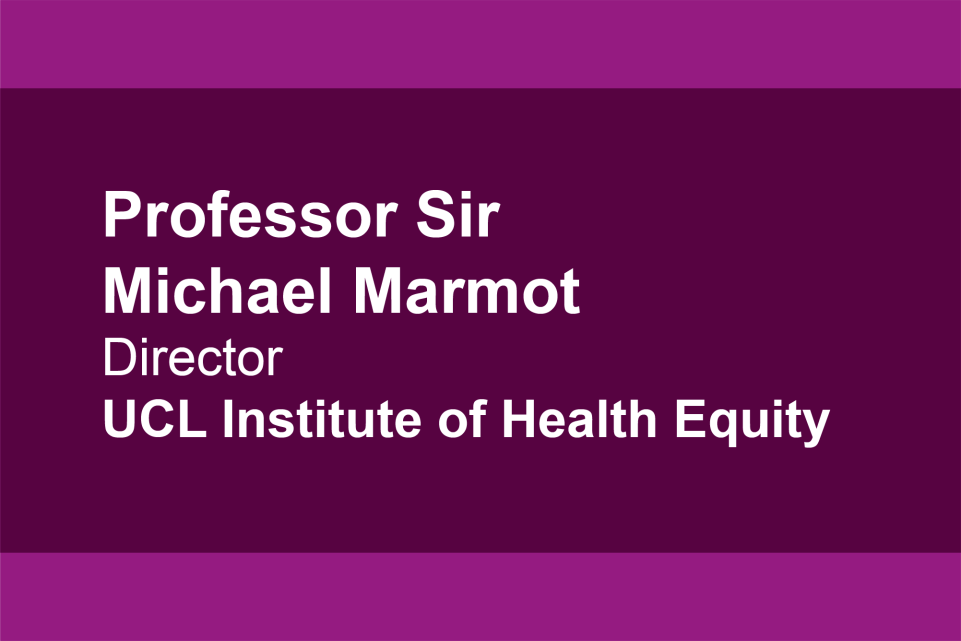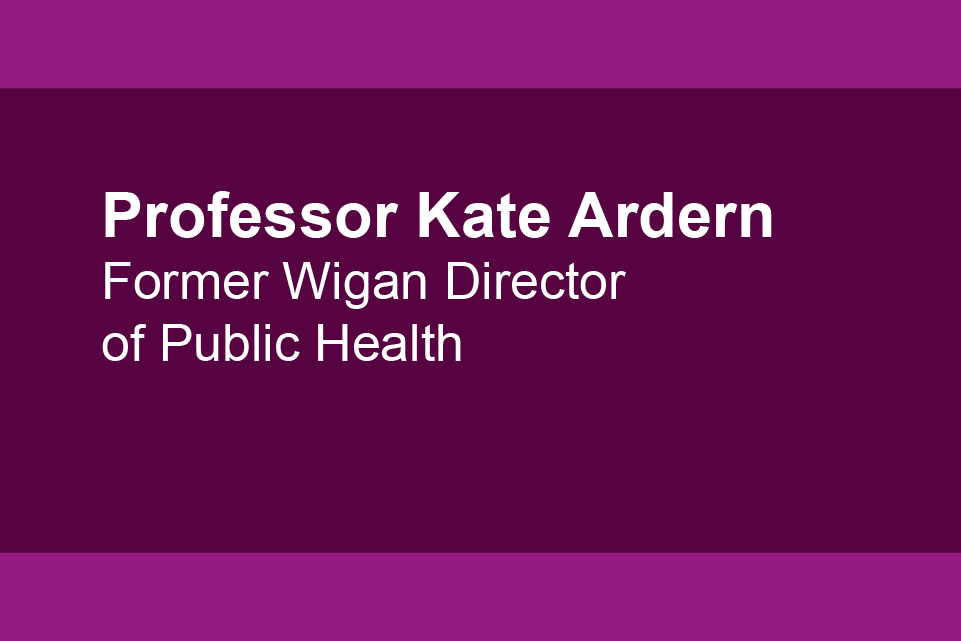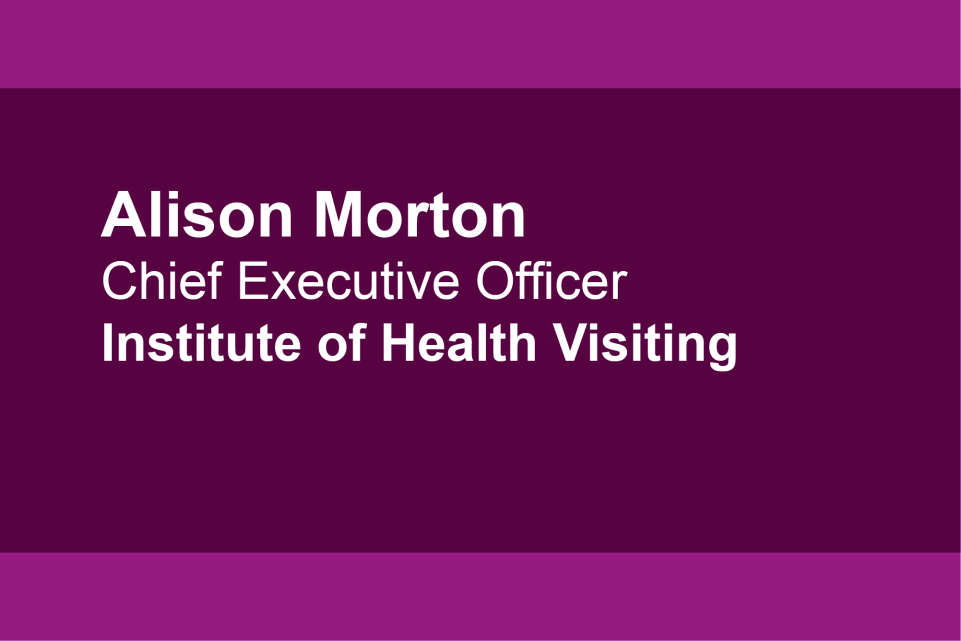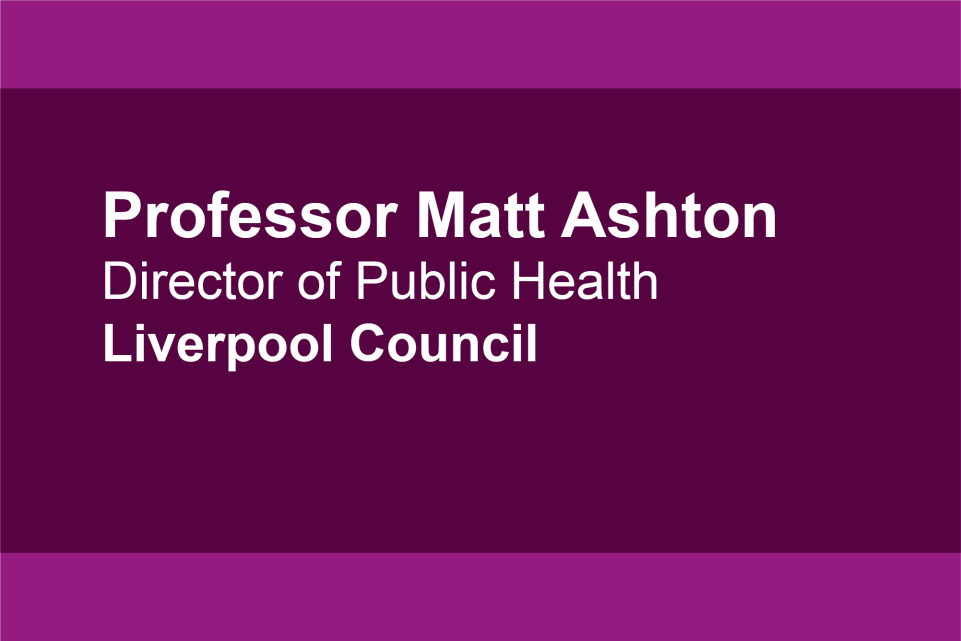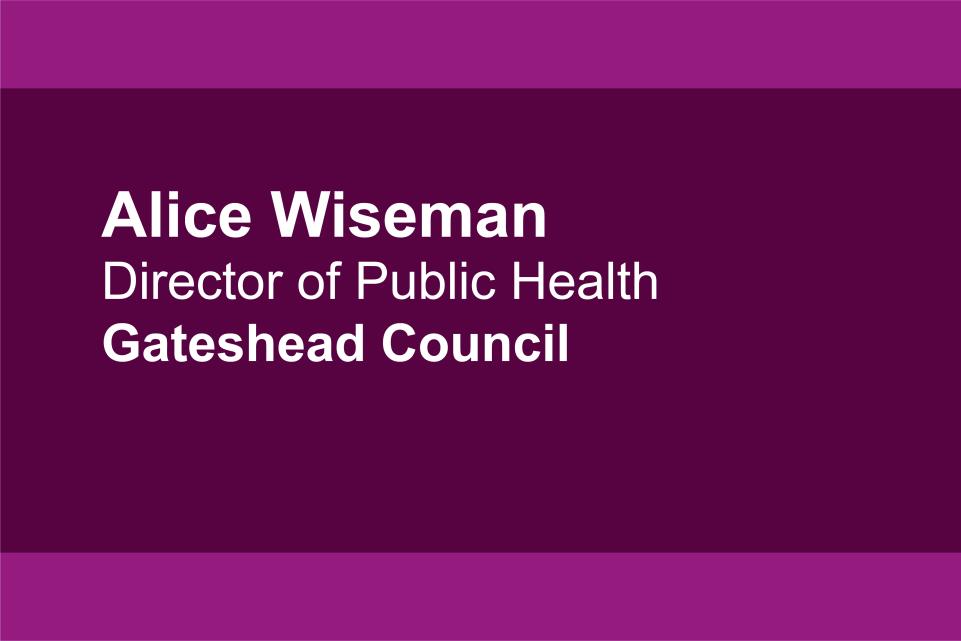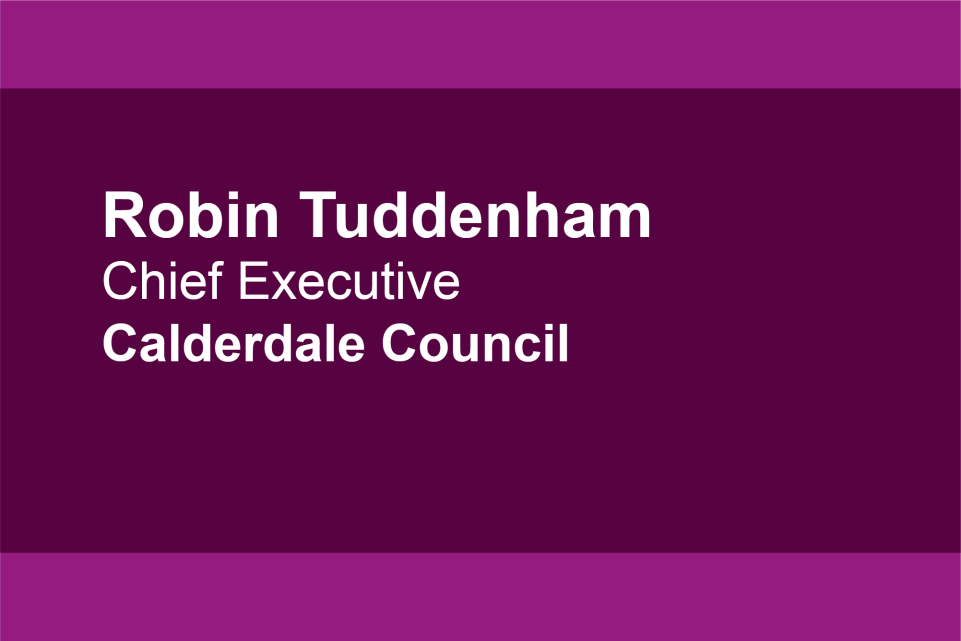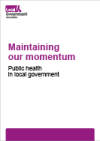
Introduction
This year marks the tenth anniversary of the transfer of public health from primary care trusts to local government. After a 40-year hiatus, the shift was described by some at the time as ‘public health coming home’. For this report we interviewed key figures closest to the reforms. Some of the interviews we conducted are deliberately challenging and provocative; some of them present a picture of what is already happening in local government; some of them look to what more local and national government could do in the future, either with additional powers or by using their existing powers and remit.
The transfer enabled public health to take advantage of councils’ role as stable place leaders, coordinating important partnerships across the NHS and a wide range of other organisations, and with communities, developing the ethos that ‘health is everyone’s business’.
We believe the decision to transfer responsibility was the right one then and remains the right one now. While our public health challenges may feel somewhat different now, it is sadly still the case that the drivers of ill-health remain driven by wider social inequalities. This can only be addressed with action on education and skills, jobs, homes and communities.
For all the difficulty, pressure and sadness associated with COVID-19, the experience did serve to powerfully illustrate how effective local government – working with its statutory and non-statutory partners – can be in supporting and protecting the wellbeing of people and communities. As it is widely recognised, the pandemic has brought us closer together. We have experienced the value of partnerships where organisational badges no longer matter and it shone a spotlight on the importance of the role of the directors of public health and their teams.
The reforms, however, coincided with reductions in funding, where the specific public health grant and local government funding more widely, was not prioritised by the government compared to NHS funding. Investing in local government is about investing in the communities people need to live healthy, happy and independent lives.
It is always important to remember, bringing public health back into local government was never a ‘drag and drop’ exercise. It was, and continues to be, about building an enhanced locally-led 21st century public health service, where innovation is fostered and promoted, supported by the expertise of professionals, driven by strong data and intelligence, built on a long history of what works and one that it is democratically accountable to our communities.
With a growing understanding of the vital importance of the nation’s health and a commitment to improving health and wellbeing for those most at risk, we can be optimistic that public health will continue to grow in confidence and effectiveness in the years to come.
Councillor David Fothergill
Chairman
LGA Community Wellbeing Board


